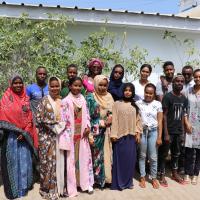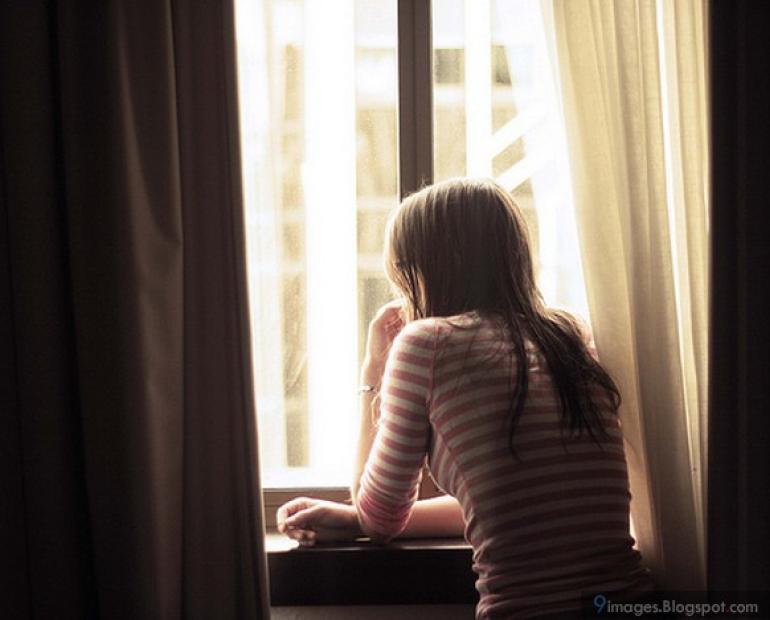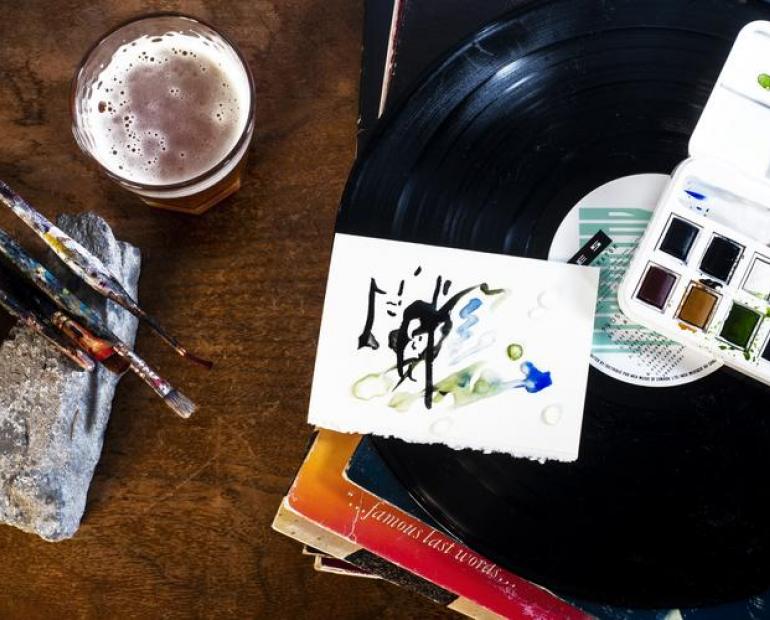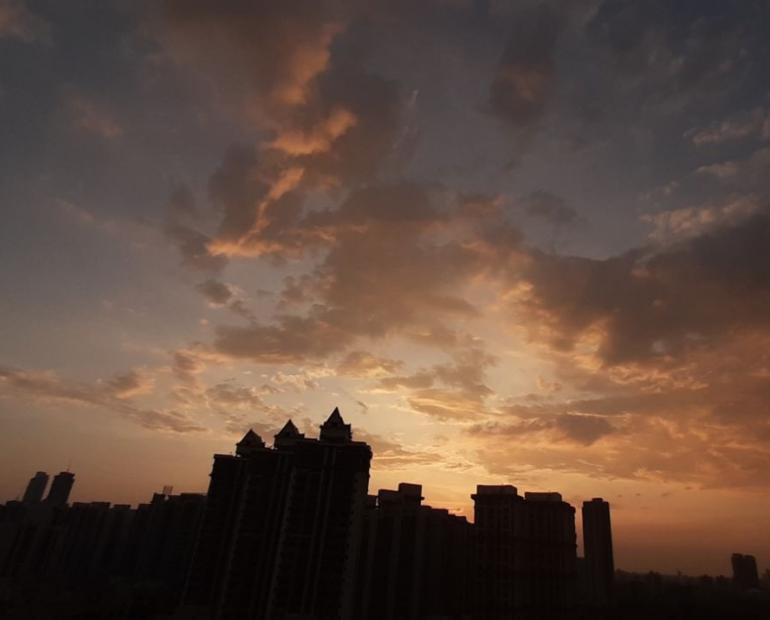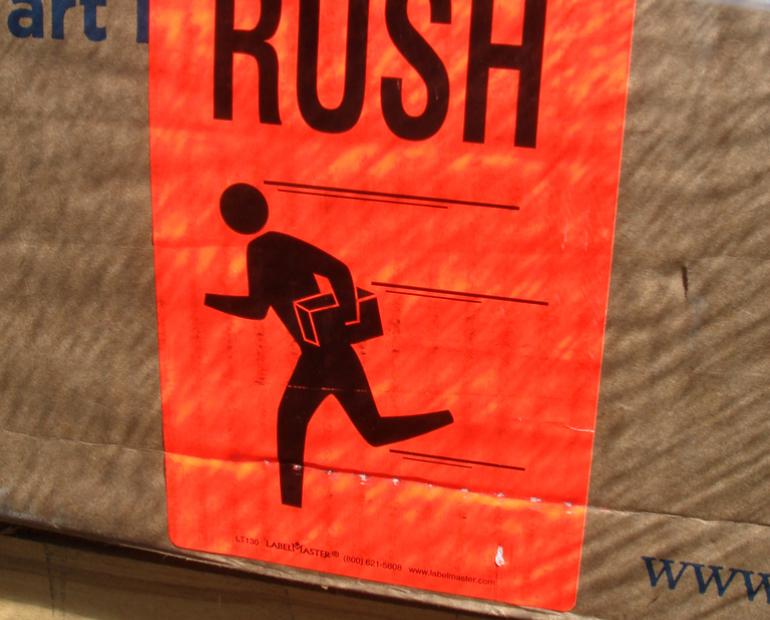
COVID-19 is a global crisis that has seen countries coming together to find a solution to this crisis that has claimed so many lives, young and old, poor or rich. This pandemic is threatening every aspect of people's lives, amplifying inequalities and destabilizing communities. It is necessary to increase life-saving services and support to address the immediate impacts of the pandemic and its long-lasting social and economic repercussions.
To this effect young people are at the forefront offering mental health support to their peers, assisting their siblings with home learning and here in Djibouti they are at the forefront of setting up hand-washing stations. As young people if we are availed with all the tools we will be able to offer assistance now and beyond the pandemic's immediate effects so that we are able to help the most vulnerable. Because none of us are safe until all are safe.
This pandemic is creating crisis-level needs that will endure long into the future, whether for mental health support for children, young people and those who are old, and most livelihoods are already affected. Most humanitarian agencies in Djibouti are working in conjunction with the Government to help families beyond the pandemic’s immediate effects for the long run.
To ensure that everyone is safe the nation has far stretched its limited resources to restore the full functionalities of most hospitals throughout this pandemic. As young people we are also doing our part to help reduce the risk of contagion, we are focusing on bolstering the capacities of our communities to implement and respect infection and prevention control and sanitation measures and to detect the virus.
However the lack of water and proper sanitation in many areas of the populous Balbala in Djibouti city make it difficult for people to practice basic infection control measures such as hand-washing. Hygiene conditions are especially poor in these vulnerable low-resource communities and areas hosting a huge number of inhabitants worse in refugee camps such as Ali Ade and Holl-Holl camp. In some cases, during the first phase of the movement restrictions there was limited access to food and other essential supplies. And the slowdown of economic activities has affected people's livelihoods, threatening their ability to meet their basic needs and this made them more vulnerable.
Thanks to UNICEF, together with local authorities and other service providers, they are implementing projects to ensure that people have access to clean water and are able to maintain proper hygiene, in order to prevent the spread of COVID-19. They are also giving emergency assistance to ensure decent living conditions for communities affected by movement restrictions, patients and medical staff at treatment or quarantine centres, and other particularly vulnerable groups.
Ilwad is a Child Parliamentarian with the Parliament of Djibouti. She is a committed youth leader who has mobilized a number of young Djiboutians to change makers in their own communities and be the voice of the voiceless.



